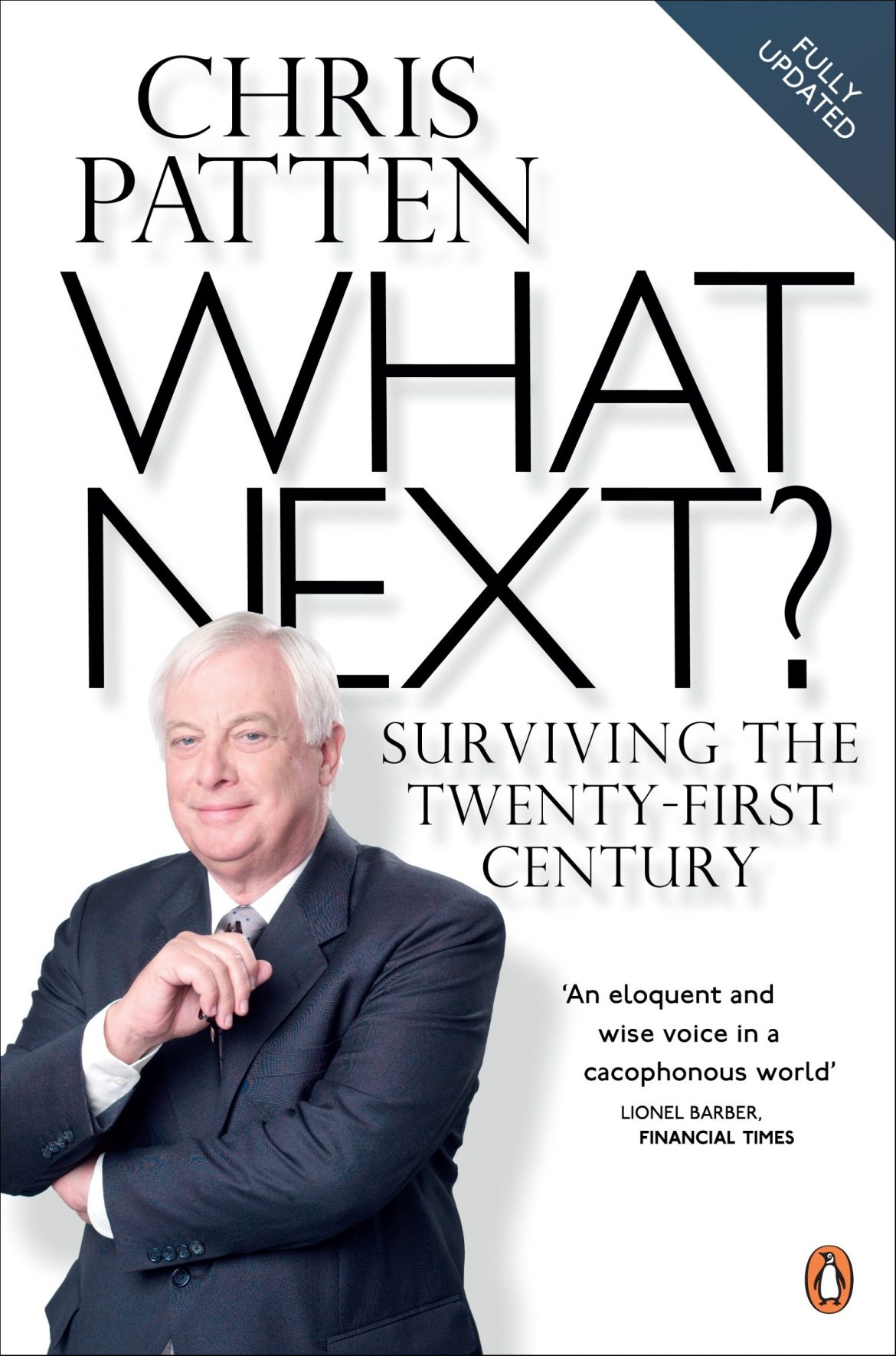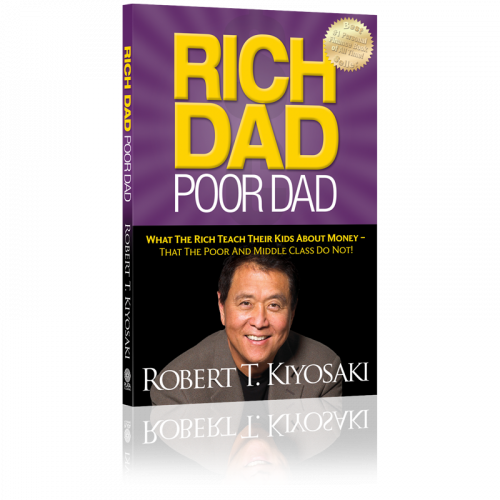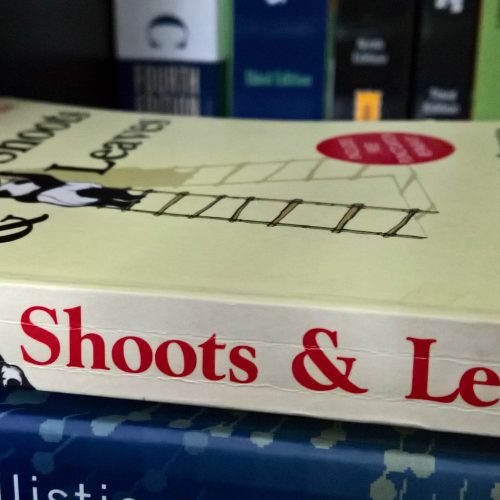What Next by Chris Patten
Chris Patten is an apt author for a book on the dark and bright side of globalisation, having served as the Last Governor of Hong Kong (from 1992 to 1997), a society, which he describes as liberal but not democratic, and having held positions in England such as that of Minister for Overseas Development and Secretary of State for Environment. He currently holds the position of Chancellor of Oxford and Newcastle universities and reveals his liberal internationalism, when for example; recently in India he imitated a habit common to Indians by touching wood about the longevity of his position as life peer in the House of Lords.
In his fourth book, Patten navigates through a vast range of issues, starting with a historical perspective on politics and evolution of the modern state and goes on to giving a realistic account on matters which have affected us in the twenty first century global world such as Bush and Cheneys (who Patten is self admittedly not a fan of) war on Iraq to terrorism to money laundering, crime, to the problem of climate and pollution and water management. In brief, the book looks at the good side and the dark side of globalisation.
There are two sides to Pattens view on America. On the hand he says that America is undoubtedly the only world superpower. On the other, he raps America on its knuckles for its loss of moral authority especially because of its Presidents consent to using torture on the prisoners in Guantanamo. Patten sees Europe as a significant civil power but not as a military power.
However, Europes main challenge is its declining and aging population. India and China are strong because of their tremendous growth rates. The challenge he says lies in the fact of governance wherein Indias party state is too weak and Chinas too strong.
Pattens approach in the book is to give the reader both sides of the story. After all the accolades on globalisation, this description does serve as a leveler. Not undermining all the advances we have made because of technology, he also reminds that technology has made our frontiers porous enabling terrorists groups to conduct organised crime. Air travel, which is a common phenomenon in todays accessible world, has also resulted in increased drug trade across the world. He also reminds readers that many issues countries face today remain domestic policy issues and not foreign policy issues. For example, the way we deal with drug offences or assume accountability on climate change. He has highlighted in his book the environmental dangers facing the planet so that readers are more aware of them.
Through the book, Patten refers to principles for progress such as accepting international responsibilities, he speaks of nuclear proliferation rather than nuclear war and reminds the reader that small arms can do as much damage as nuclear weapons as seen in Africa. In the book, Patten says that sovereignty does not belong only to governments but also to individuals who, are the ultimate holders of sovereignty that they place in the hands of the government of our nation-states as a matter of trust.
He encourages loyalty to nation states rather than to institutions such as United Nations, World Bank, World Trade Organisation. The author himself is a believer in pluralism and state institutions. He shares the historic perspective of the agreement in 1945 at Yalta to form the United Nations as an organisation of embryonic world government by Stalin, Roosevelt and Churchill.
The UN was founded on the noble principles of securing peace, of alleviating poverty, of ensuring progress of independence to colonies and of adjudicating international disputes. However, while the UN has delivered on many fronts such as through the UNDP, WHO, UNHCR (High Commission for Refugees) it has also disappointed as it was not able to comprehensively move with the times.
He admits towards the end of the book that he may have painted a realistic versus a rosy picture but for all the challenges that globalisation bring he says the bigger mistake would be to go back to the days of fewer liberalisation policies. Patten has an uncanny ability to move from the general to the specific.
September 11, 2001 was not the first terror attack and will not be the last, referring to sars he says epidemic disease is hardly new, what globalisation allows is the ability to make common cause across the world and to pre-empt outbreaks and new diseases, rather than to fight the symptoms as best as we can. He ends with a call to strength, to democracies, to free markets, to free institutions, to civil societies, to the rule of law and functioning of impartial justice.
One of the appealing aspects of What Next is that it can be read in continuation as a novel or perused by chapter depending on the readers interest.
This article is written by Malvika Chandan. It was orignally published in Financial Express on Oct 26 2008




